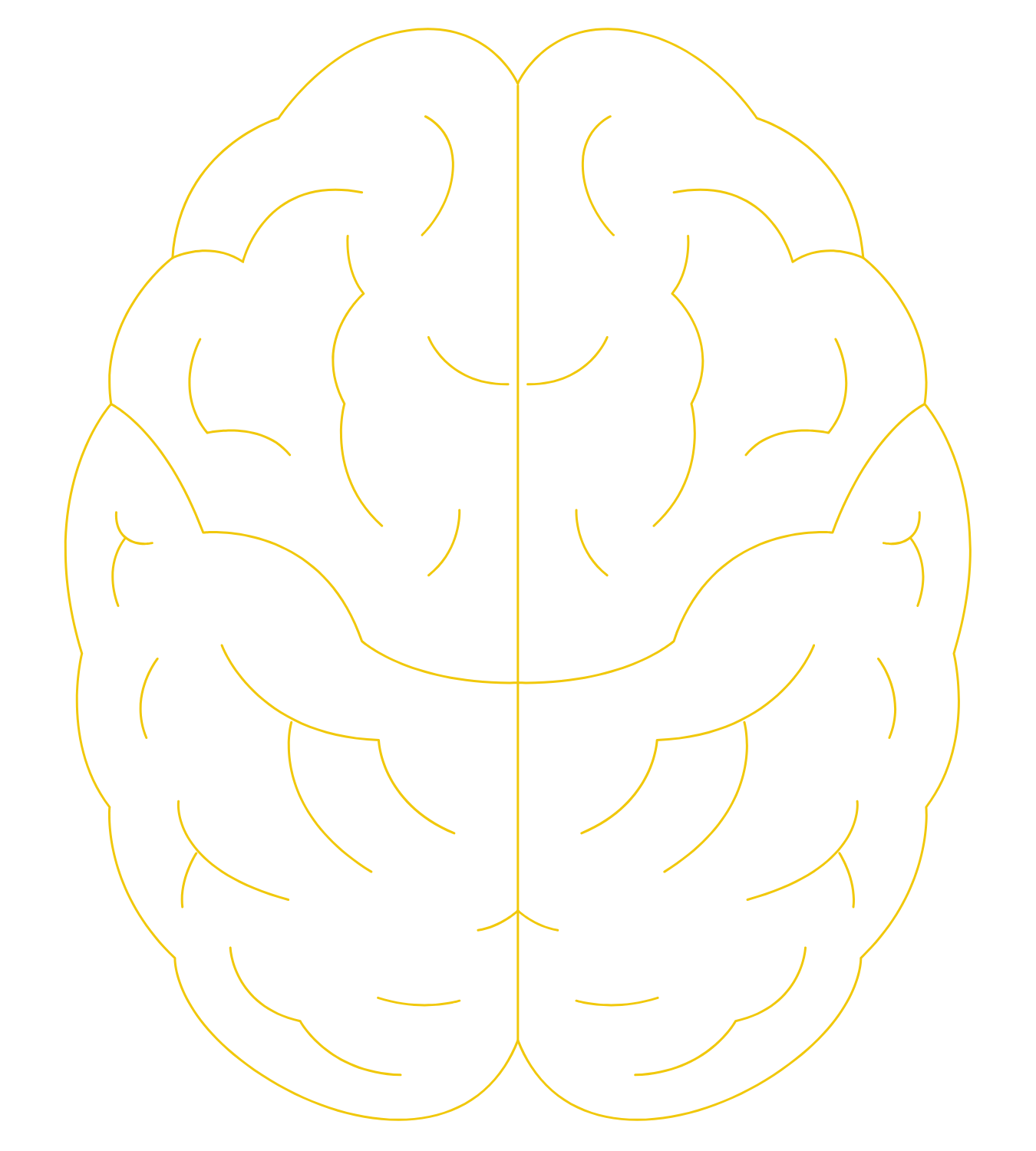
Neurodiversity Training for Transport Staff
Keep people moving. Support every colleague. Serve every passenger.
Inclusive support across every journey. Help your teams understand and support neurodivergent colleagues and passengers through practical, sector-specific training for bus, rail, aviation, and ferry operators.
Every neurodivergent colleague brings strengths that keeps transport moving.
Transport roles are demanding , fast-paced, public-facing, and safety-critical. For neurodivergent employees, this can mean hidden challenges, from sensory overload in noisy environments to difficulties with communication, shift work, or rigid procedures.
This training equips transport staff with the knowledge and tools to support neurodivergent colleagues, deliver better passenger experiences, and build safer, more neuroinclusive teams
This Is For Transport Teams Who Want To:
Support neurodivergent colleagues in public-facing roles and those behind-the-scenes
Communicate clearly and respectfully with both neurodivergent staff and passengers
Recognise hidden barriers in shift work, safety checks, and procedures
Make adjustments that improve wellbeing without lowering standards
Build trust, resilience, and performance across teams
Whast You’ll Learn:
1. Understanding Neurodiversity in Transport
How autism, ADHD, dyslexia, dyspraxia, and more affect day-to-day tasks
Why public-facing roles, noise, and shift work can create challenges
The strengths neurodivergent colleagues bring to transport roles
2. Everyday Barriers in Transport Environments
Sensory load, noise, lighting, and busy spaces
Communication breakdowns in fast-moving or high-stress situations
The impact of strict processes and timetables on different brains
3. Communication That Works
Giving instructions and feedback clearly and respectfully
Supporting memory, organisation, and task management without judgement
Building trust and safety through communication with staff and passengers
4. Reasonable Adjustments That Make a Difference
Practical adjustments for shift patterns, task instructions, and environments
Supporting colleagues in fixed, mobile, and customer-facing roles
Considering hybrid or remote elements where applicable such as control centres, planning teams
5. Building Neuroinclusive Transport Teams
Recognising and celebrating neurodivergent strengths, from focus to problem-solving
Creating collaboration and respect across neurodiverse teams
Embedding neuroinclusion as a normal part of safety and service
Learning Outcomes
A clear understanding of neurodiversity in transport settings
Practical adjustments to improve communication and performance
Confidence in supporting neurodivergent colleagues and passengers
Stronger, safer, and more neuroinclusive teams
Session Logistics
Duration: 60 minutes (including Q&A)
Delivery: Virtual (your platform or ours) or in-person talk or workshop
Tailored: Delivery for drivers, frontline staff, operations, or leadership teams, and to your goals.
Enhance with audits and line manager toolkits.
After passenger-facing training, conduct an audit to flag communication, sensory, or shift-related barriers. Then arm frontline supervisors with toolkit resources to maintain neuroinclusive support across journeys.

Looking for more training options?
This is just one of the ways we help organisations build truly inclusive workplaces. Explore our full training menu to find the sessions that fit your people and your goals.
Ready to strengthen your teams and support every colleague and passenger?
Let’s explore together.
Start with a conversation. Grow with intention.


